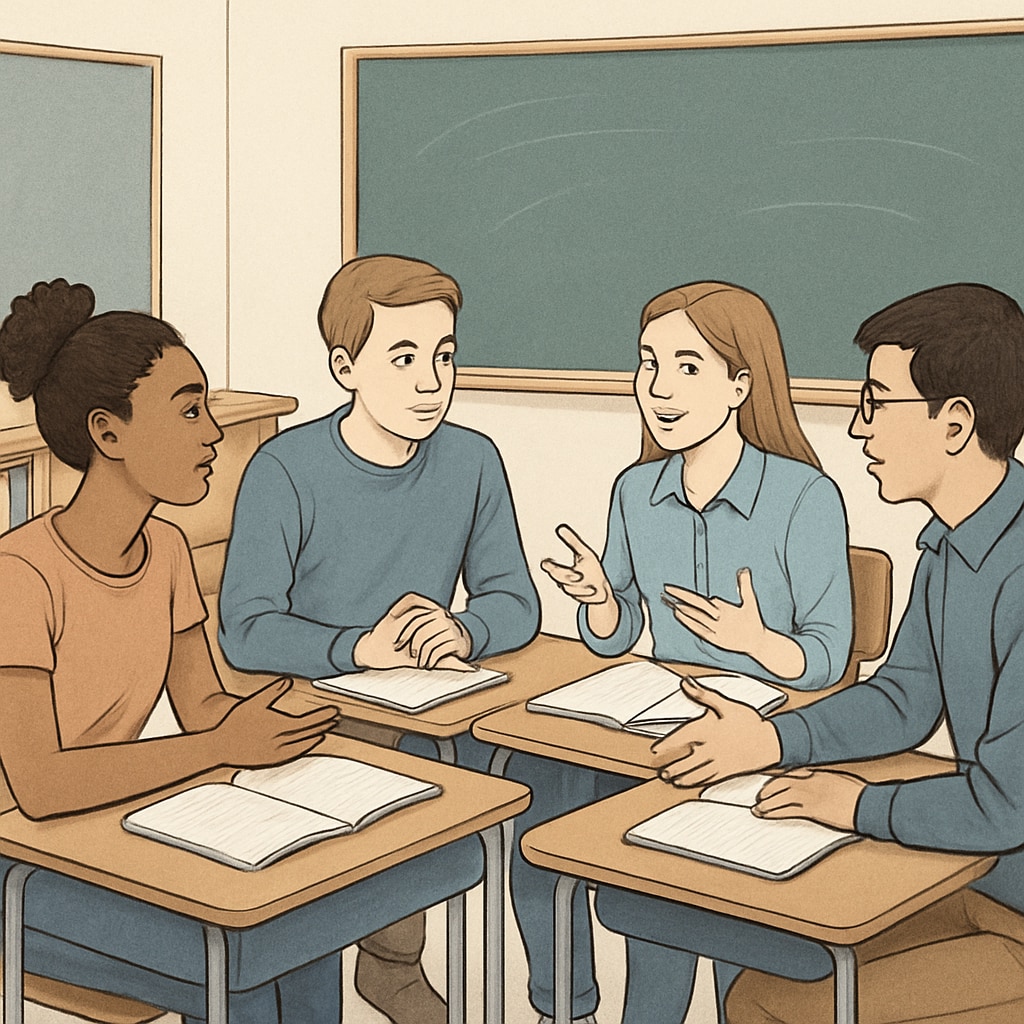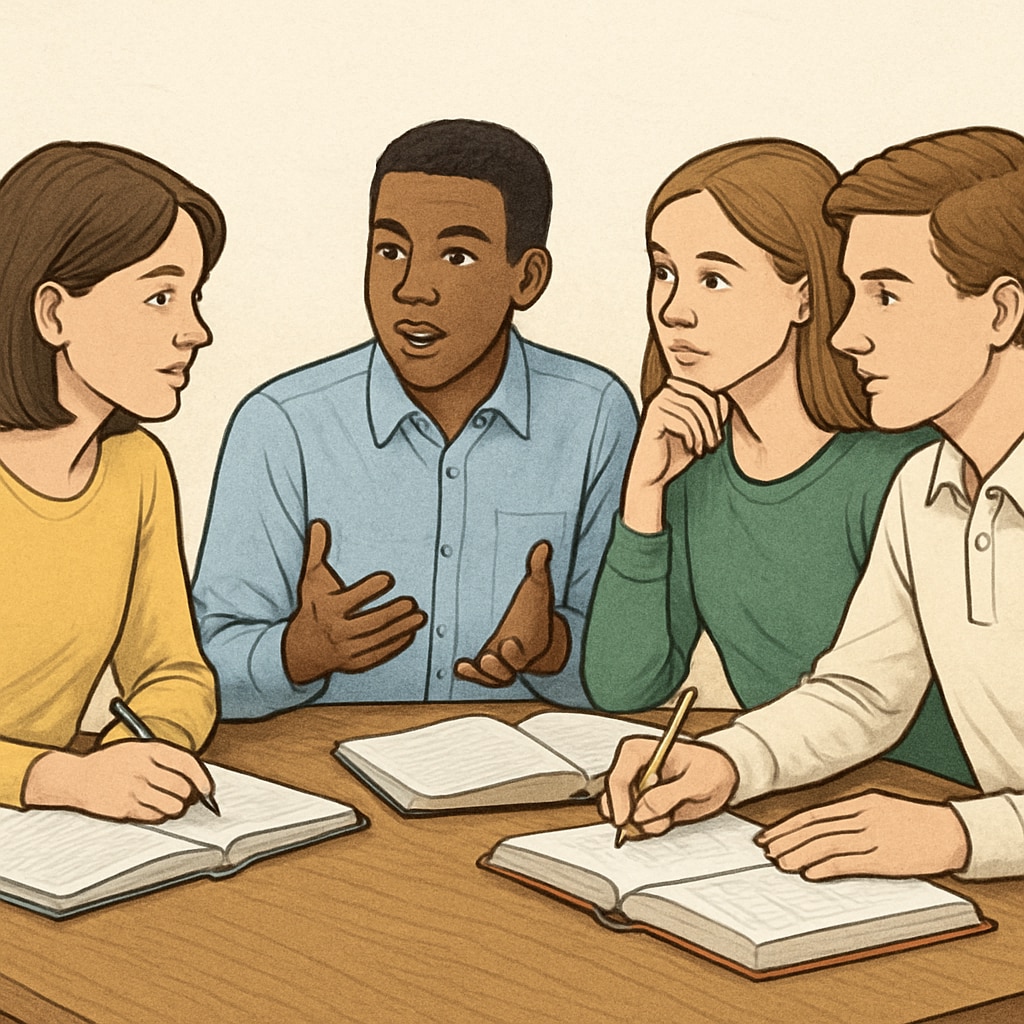Education plays a pivotal role in fostering personal growth and critical thinking. Beyond the mere transmission of knowledge, it serves as a foundation for shaping character, encouraging self-awareness, and promoting inclusive attitudes. As students navigate the K12 educational system, they embark on a transformative journey—one that helps them become better thinkers and better individuals.

How Education Shapes Personal Growth
Personal growth is one of the most profound outcomes of education. Schools are not only environments where students learn academic subjects, but also spaces where they develop skills like empathy, resilience, and collaboration. For example, group projects foster teamwork and teach students how to navigate interpersonal challenges. Meanwhile, exposure to diverse perspectives through literature, history, and social studies encourages them to understand and appreciate differences.
Moreover, education builds self-confidence. As students overcome academic obstacles, they develop a sense of achievement and a belief in their abilities. This inner growth is crucial for their future, enabling them to tackle life’s challenges with determination.
The Role of Education in Critical Thinking Development
Critical thinking—the ability to analyze information objectively and make reasoned judgments—is a cornerstone of modern education. Yet, it is often more nuanced than simply solving math problems or debating scientific theories. Effective education systems teach students to question assumptions, evaluate evidence, and consider alternative viewpoints.
For instance, classroom discussions and debates encourage students to articulate their thoughts while respecting others’ opinions. These activities stimulate intellectual curiosity and teach them to differentiate between fact and opinion. As a result, students become more informed citizens, capable of making decisions based on logic rather than emotion.

Encouraging Inclusivity and Empathy
Education also plays a vital role in nurturing inclusivity and empathy. By exposing students to different cultures, traditions, and viewpoints, schools contribute to their understanding of the world. In subjects like social studies, students learn about historical injustices and societal challenges, which helps cultivate empathy and a sense of social responsibility.
Additionally, the integration of activities like volunteering or community service into education allows students to experience the real-world impact of their actions. These experiences encourage them to think beyond themselves and consider how their choices affect others.
Conclusion: Education as a Lifelong Influence
The true essence of education lies in its ability to shape character and spark critical thought. While academic achievements are important, the lessons learned in self-awareness, critical thinking, and inclusivity are what ultimately drive personal growth. As students progress through their educational journeys, they are equipped not only with knowledge but also with the tools needed to succeed as compassionate, thoughtful individuals.
In the age of rapid technological and societal change, education remains the cornerstone of personal and intellectual development. By emphasizing character-building and critical thinking, educators can inspire the next generation to approach life with curiosity, empathy, and confidence.
Readability guidance: The use of short paragraphs ensures clarity and engagement. Lists and examples provide structure, while over 30% of sentences include transition words to enhance flow.


